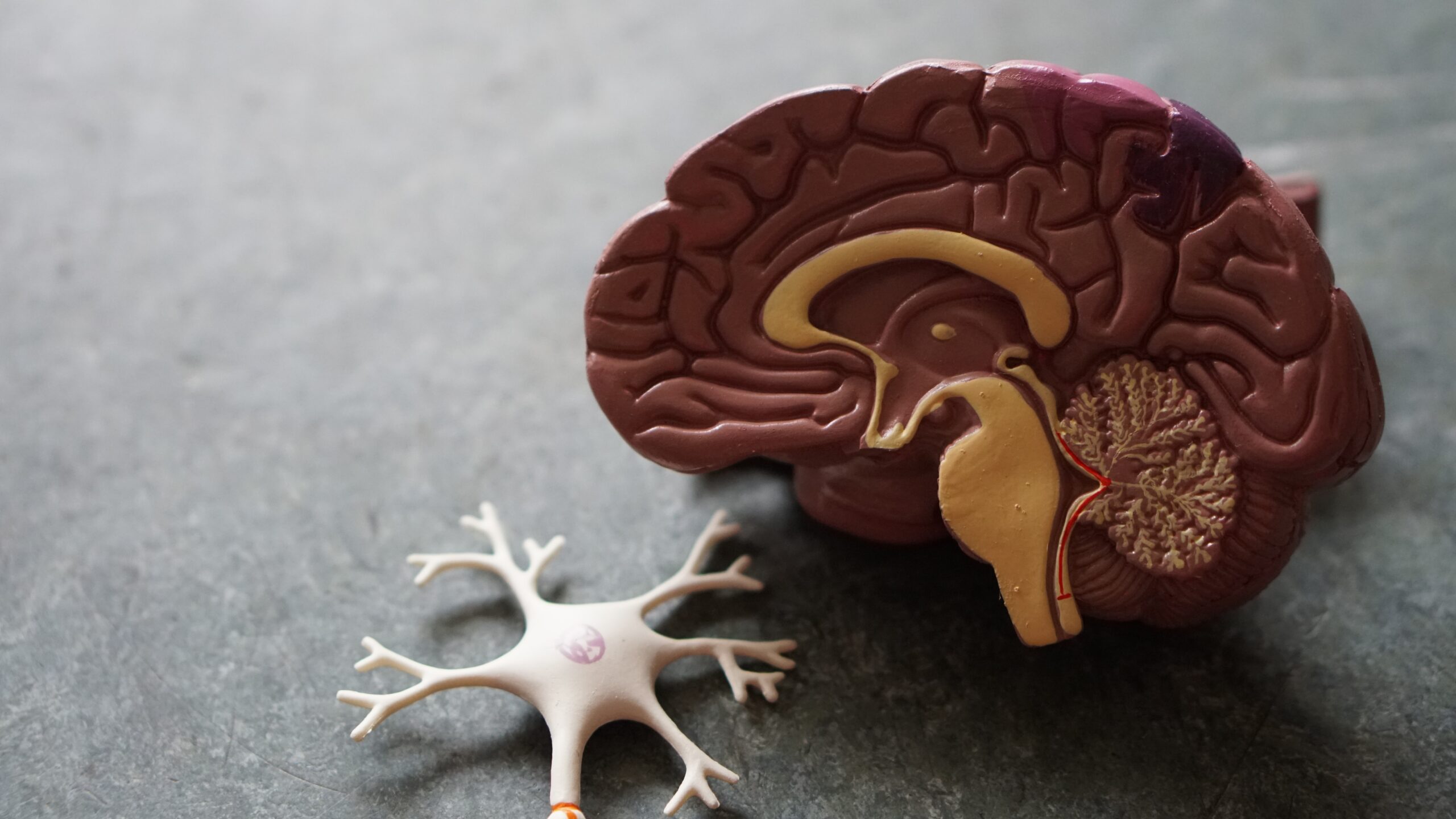Harnessing Technology to Develop New Models of Alzheimers Disease

University of Bath: Vasanta Subramanian
University of Bristol: James Hodge, Caroline Relton
Cardiff University: Nick Allen
University of Exeter: Katie Lunnon (PI), Jonathan Mill, Jonathan Brown
Background
In the UK >850,000 people live with dementia, with care costs >£23billion per year. Alzheimer’s disease (AD) accounts for ~60% of dementia cases; current treatments temporarily alleviate some symptoms but do not modify the underlying disease process. Dementia research is highlighted as a UK and G8 government priority, with a 2015 UK commitment to double funding to £66.3M through the Dementia Challenge. This commitment provides major opportunities for highly integrated, interdisciplinary and innovative research that will reveal underpinning mechanisms of disease and lead to targeted and stratified drug discovery platforms. The universities of the GW4 have significant strength and depth in dementia research and the GW4 initiative to forge collaboration and focus critical mass in this area would have a significant impact on our ability to attract targeted dementia research funding to the GW4. Specifically, we recently published the first genome-scale studies assessing DNA methylation changes in AD brain (Lunnon, et al., 2014; De Jager et al, 2014). These studies provided the first direct evidence for the involvement of epigenetic dysregulation in human AD pathogenesis, and identified specific gene loci of interest.
The identification of epigenetic mediators of AD is particularly exciting for sporadic disease, and given that such effects are potentially reversible may represent novel drug targets. To realise this potential we will develop a novel platform of ‘functional epigenomics’. Specifically we will integrate AD epigenetic information with expertise in neurodegenerative disease modelling in patient-derived human induced pluripotent stem cell models and murine and drosophila animal models, by establishing novel epigenomic editing technology.
Project summary
The community used Accelerator funding to develop a platform for epigenetic disease modelling techniques, combining the expertise and resources of all four GW4 institutes. The grant allowed specific lab work to be carried out across 4 work packages including (1) Developing mouse Cas9DNMT3 vectore for genome eiting of Mouse ES cells and establishing proof of concept methylation models leading to models for ANK1 locus methylation and regulation and (2) Investigating the function of the ANK1 gene in Drosophila. Results from these studies provided proof-of-principle data for multiple grant applications, with successful grants from the Alzheimer’s society, Alzheimer’s research UK, MRC and BRACE.





